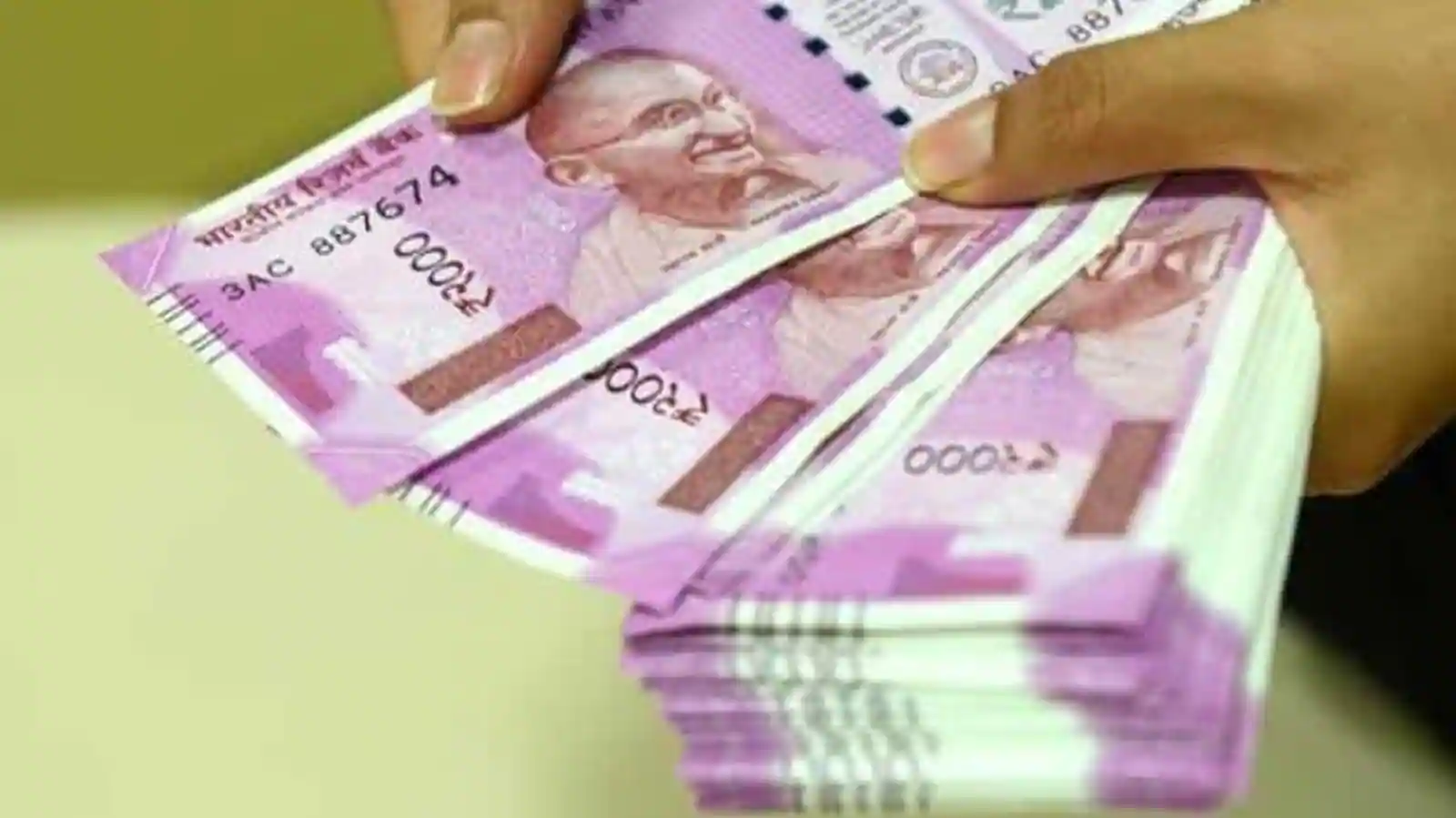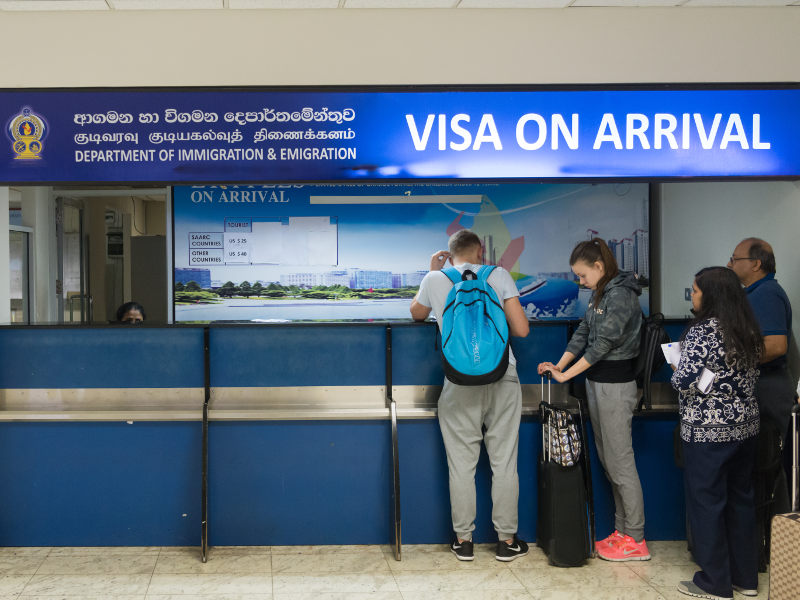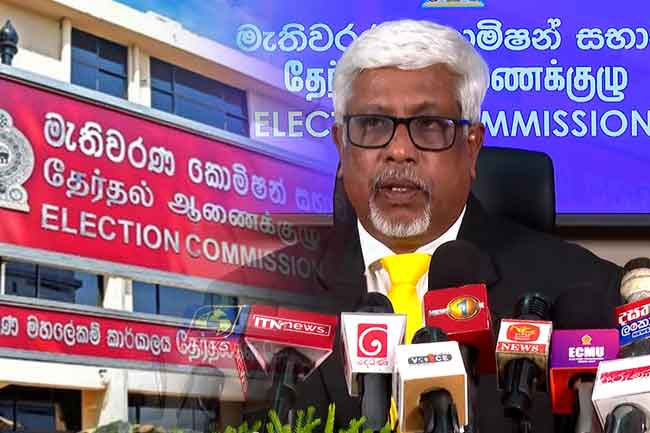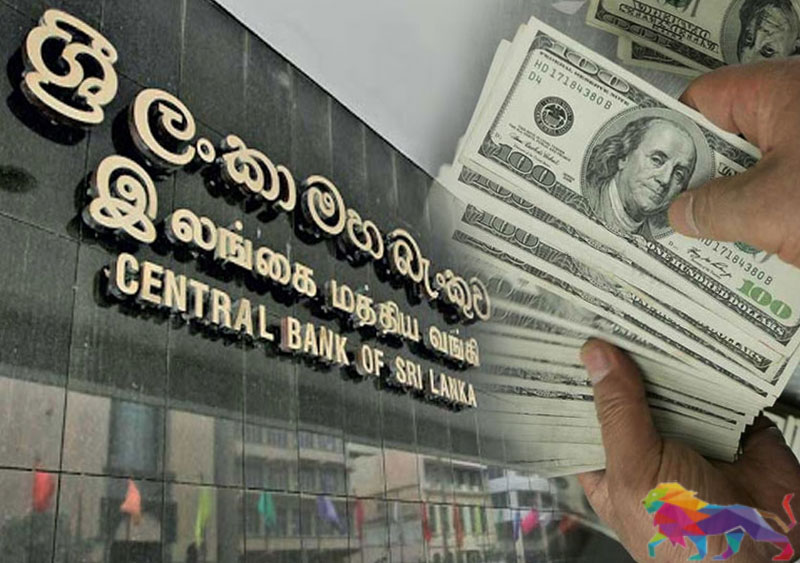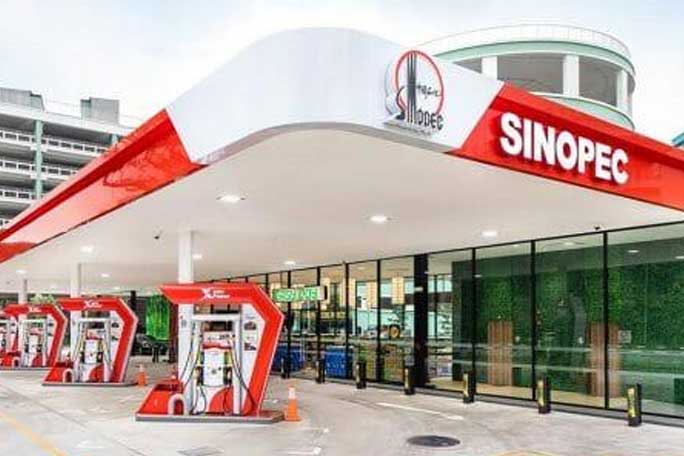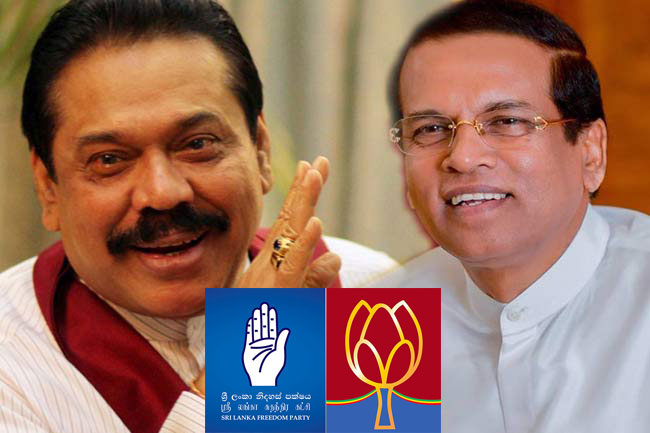Moody’s Ratings said Sri Lanka’s macroeconomic recovery remains broadly on track, supported by fiscal reforms, a rebound in tourism and stronger remittance inflows, but cautioned that high debt levels, limited fiscal space and continued dependence on external financing still pose significant risks.
In its latest periodic review released on last Friday, Moody’s reaffirmed Sri Lanka’s Caa1 sovereign rating with a stable outlook, noting that while Government liquidity pressures have eased since the 2022 default and debt restructuring, debt affordability remains weak.
The agency said real GDP grew 4.8% year-on-year in the first half of 2025, following 5% growth in 2024, but expects the pace to ease to around 4.5% by year-end as base effects fade. Higher social spending is expected to bolster consumer demand, while tourism’s recovery to near pre-pandemic levels and increased investment will drive medium-term growth.
Moody’s projected a fiscal deficit of 6–6.5% of GDP in 2025, narrowing from 6.8% in 2024, as revenue grew 26.5% year-on-year in the first seven months of 2025, aided by the lifting of vehicle import restrictions and stronger tax receipts. The primary balance is expected to remain in surplus, contributing to gradual debt reduction.
The agency expects the current account to stay in surplus this year, supported by tourism and remittances, even amid a rise in vehicle imports. However, it warned that Sri Lanka’s narrow revenue base and heavy reliance on external funding remain key vulnerabilities, particularly if the global environment turns less favourable.
Moody’s said sustained reform momentum under the IMF program could strengthen Sri Lanka’s credit profile, but any policy reversal or weakening in external buffers would increase downside risks to the outlook.
The statement is as follows:
“Moody’s Ratings (Moody’s) has completed a periodic review of the ratings of Sri Lanka and other ratings that are associated with this issuer.
The review was conducted through a rating committee held on 2 October 2025 in which we reassessed the appropriateness of the ratings in the context of the relevant principal methodology/(ies), and recent developments.
This publication does not announce a credit rating action and is not an indication of whether or not a credit rating action is likely in the near future.
Key rating considerations and rationale are summarised below.
Sri Lanka’s ratings, including its Caa1 foreign-currency long-term issuer ratings, reflect the Government’s weak debt affordability and high debt burden, which limit its fiscal flexibility and capacity to absorb shocks, address underlying social challenges or mitigate its exposure to physical climate risks.
While acute external vulnerability and Government liquidity risks have receded following the April 2022 debt restructuring and a subsequent rise in foreign exchange reserves, these risks remain present due to the economy’s heavy reliance on external financing.
Balanced against these challenges are Sri Lanka’s relatively robust economic growth potential and diverse export base, moderate per capita incomes notwithstanding still-high poverty levels, as well as indications that the Government is willing to implement structural reforms with the support of development partners, such as tax measures that have already contributed to fiscal deficit reduction.
Momentum in Sri Lanka’s economic recovery continued in 2025, with real GDP growth remaining robust at 4.8% year-on-year in the first half of 2025, following 5% in 2024.
We expect growth to slow to around 4.5% in 2025, as base effects are likely to drive some moderation in the second half of the year.
Higher social spending will continue to support improvements in consumer sentiment, while investment activity continues to pick up from a low base. At the same time, continued growth in the services sector, led by the steady recovery in tourism arrivals to pre-pandemic levels, will remain a key contributor to GDP growth.
We expect recovery in the tourism sector and strong inward remittance growth to help preserve a current account surplus for the year, despite significant growth in vehicle imports.
We expect gradual fiscal consolidation to remain intact.
Sri Lanka’s Government revenues grew by 26.5% year over year in the first seven months of 2025, with notable contribution from vehicle import duties, following the removal of vehicle import restrictions in February 2025.
At the same time, goods and services and income tax revenues saw healthy growth over the same period, at around 33% and 8.3% year over year, respectively.
Taken together with continued prudence in Government expenditures despite higher social spending, we expect the fiscal deficit to narrow to around 6.0-6.5% of GDP in 2025 from 6.8% in 2024 while the primary balance will remain in surplus, supporting a further reduction in the debt burden.
Sri Lanka’s “ba1” economic strength balances its moderate per capita income levels and economic diversification against still relatively subdued economic growth as the economy recovers from the balance of payments shock that led to the government debt default in 2022.
The assessment also takes into the economy’s long-term vulnerability to climate change.
Its “b3” institutions and governance strength reflects stronger governance relative to similarly rated sovereigns, as well as a gradually lengthening track record of reform implementation and policy effectiveness.
The “ca” fiscal strength takes into account the Government’s high debt burden and very low debt affordability. Although the government is addressing these challenges with the support of development partners, including in the context of the current IMF program, the improvements are occurring from a weak starting point. Sri Lanka’s “b” susceptibility to event risk is driven by political, government liquidity, and external vulnerability risks.
The stable outlook reflects balanced risks at the current rating level. On the upside, continued implementation of reforms may strengthen its credit profile beyond our current expectations, to a level consistent with a higher rating.
Conversely, the still-narrow Government revenue base and limited fiscal space, combined with heavy reliance on external financing, is a source of downside credit risk, in particular should the global macroeconomic environment become less supportive.
Upward pressure on the ratings would emerge if further reform implementation were to strengthen the government’s credit profile beyond our current expectations, including through a significant broadening of the revenue base that strengthened debt affordability, increased fiscal flexibility and supported a further significant decline in the debt burden.
A lengthening track record of reform implementation would also support a higher assessment of the quality and effectiveness of institutions.
Downward pressure on the ratings would emerge if the Government’s reform appetite were to wane, potentially resulting in policies that weaken its credit profile. A weaker global macroeconomic environment that resulted in a significant erosion of foreign exchange buffers would also exert downward pressure on the ratings.
This document summarises our view as of the publication date and will not be updated until the next periodic review announcement, which will incorporate material changes in credit circumstances (if any) during the intervening period”.


